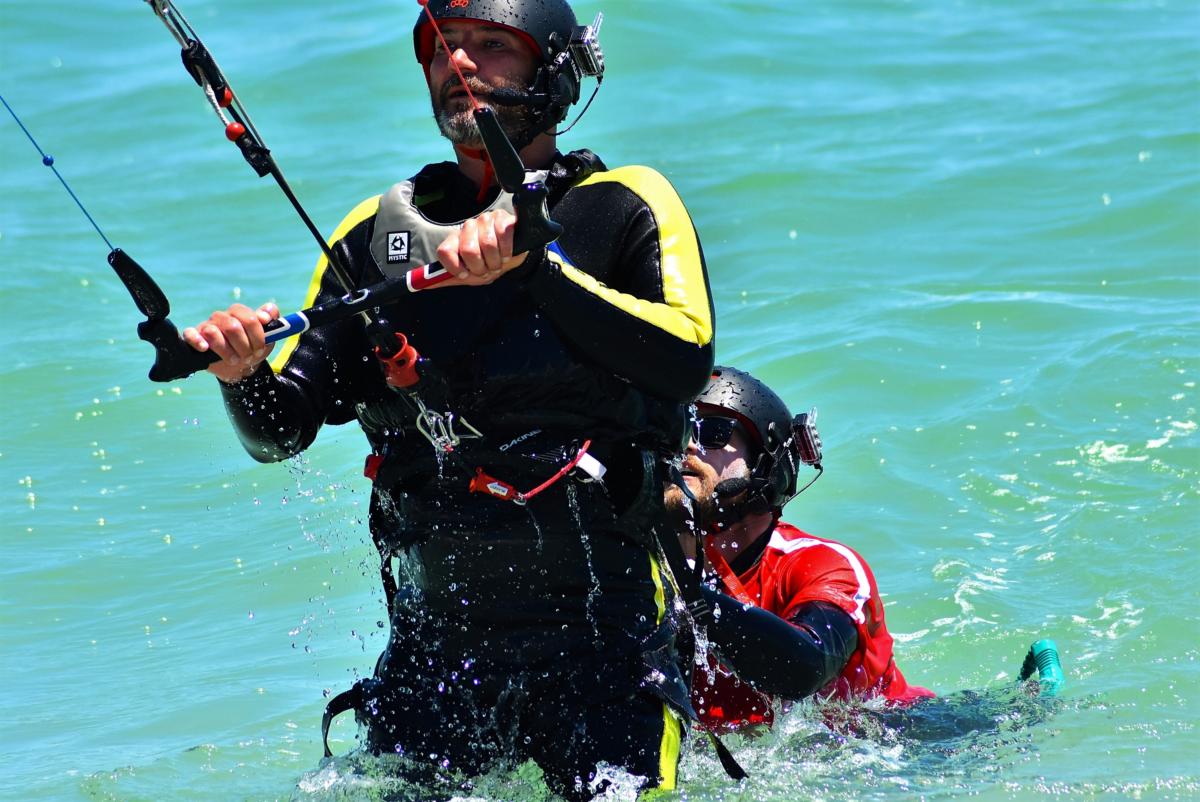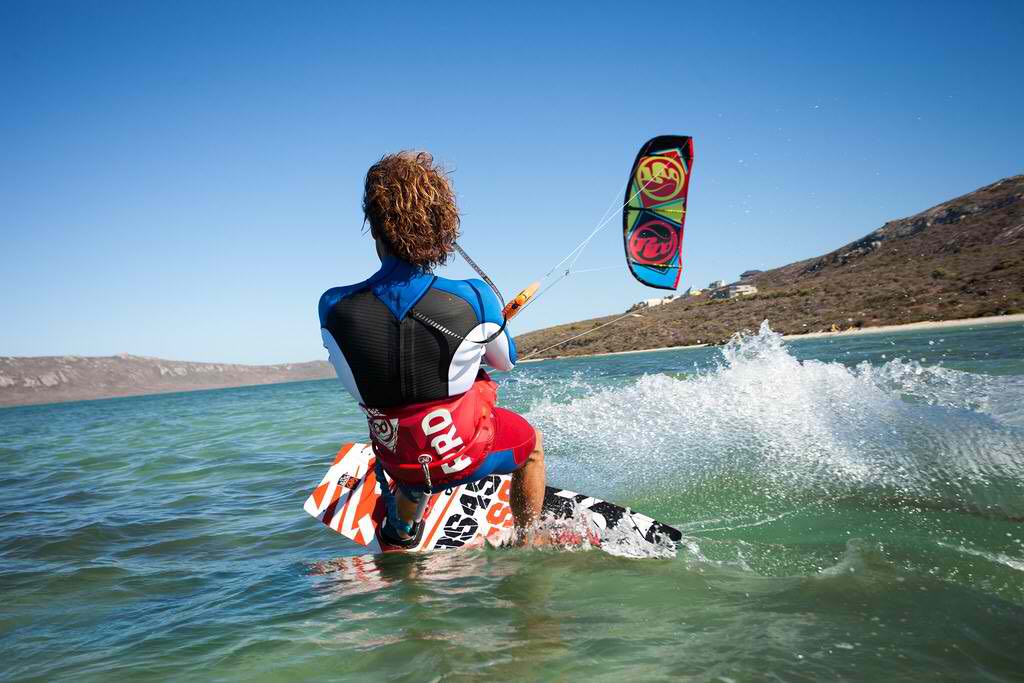Kitesurfing Tips for Beginners
Kitesurfing is one of the world’s fastest growing extreme water sport. It involves a combination of several sports skills, including surfing, wakeboarding, and kiteflying, making it a complex yet rewarding sport. It is relatively easy to learn, but learning to kitesurf can be exciting, overwhelming and daunting at the same time. Here are some kitesurfing tips for beginners:
Watch Instructional Kitesurfing Videos
Watching instructional kitesurfing videos before kitesurf lessons will definitely help you learn faster. In addition to learning tricks, watching the videos beforehand allows you to get an idea of what kitesurfing is like, what to expect and how to physically and mentally prepare for the challenge. However, it should be noted that these instructional videos are not intended to be as substitutes for professional kitesurfing lessons. They are merely intended to be supplementary sources in the learning process.
Don’t Go Kitesurfing by Yourself
Kitesurfing can be the most dangerous sport in the world if you don’t know what you’re doing. But it can also be the safest and most fun sport if you get a proper introduction and lessons. Simply put, find someone to teach you because learning kitesurfing requires the supervision of a qualified kitesurfing instructor who can demonstrate proper technique and help you understand all the other factors that relate to the activity. Sure, you can try to teach yourself to kitesurf but learning through an experienced and professional instructor is not only for your own safety but also for the safety of other innocent beachgoers and kitesurfers. Getting lessons from a qualified kitesurf instructor is undoubtedly the best way to progress quickly and safely.
Use Appropriate Equipment
The kite system consists of a kite, flying lines, a control bar, and a kite harness. You also need a wetsuit, aqua shoes, a helmet and a life jacket for added safety. Using the right equipment in kitesurfing is essential to ensure your safety. A kite that is too big can be dangerous, too small can be frustrating and a kite which is too old will not have sufficient or up to date safety systems. However, it is not enough that you use the correct equipment. You should also know how to set up your kite correctly.
Know the Rules
Know the safety rules and regulations on and off the water. Knowing the rules and regulations does not only keep you safe, it also enables you to properly conduct yourself in front of your fellow kitesurfers. Also, learn the universal hand signals because they come in handy when you are in the water.
Practice, Practice, Practice
As the saying goes, practice makes perfect. You don’t become a good kitesurfer by simply using the right equipment and knowing the rules and regulations. Your progress depends on the most important factor— you. The more time you spend practicing, the faster you learn. Just remember that failed attempts are indispensable in the development of your skills as a kitesurfer.
Be Patient
It takes time to learn how to kitesurf proficiently. You won’t become a kitesurfer overnight. So, be patient as time is required to learn the sport. Though learning will vary according to the individual, most people pick it up after just a couple days of lessons. Just be patient and don’t give up, and you’ll get there before you even know it.
Be Confident
Kitesurfing is not all about physical fitness. One factor that affects your learning is your confidence. If you are not confident enough that you will progress, you are most likely to fail. Having the confidence that you can accomplish something, even as challenging as kitesurfing, makes a great difference. So, gather all your confidence before you start your kitesurfing lessons in Cape Town.
Have Fun
The last but never the least kitesurfing tip for beginners is to have fun. When you have fun, learning to kitesurf won’t be a very difficult task. When you have fun, you won’t be able to think of quitting even if you will have a hard time progressing at first.








